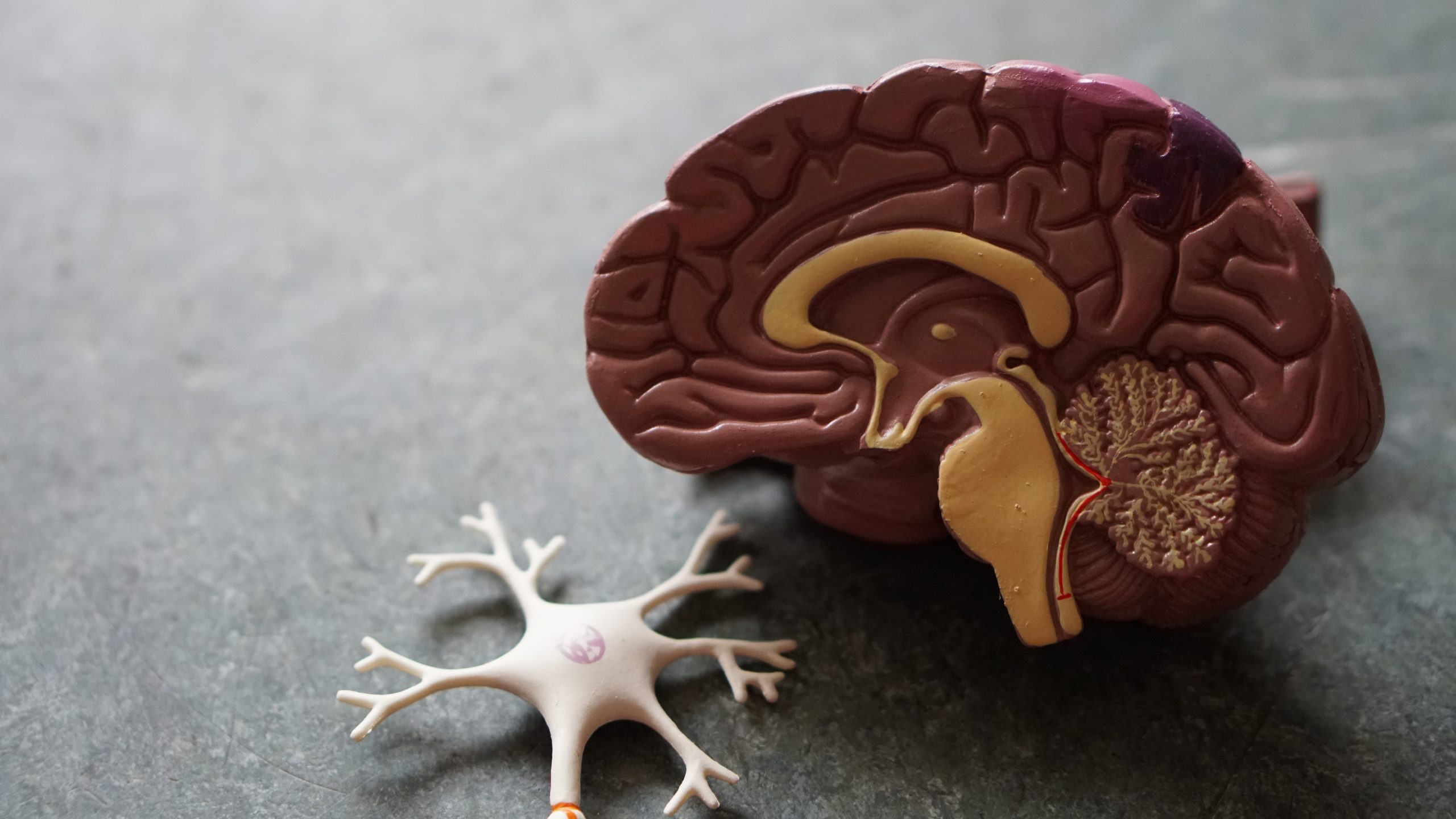Zoom Talk: Dimitri Coelho Mollo (SCIoI): Introducing the seminar “Philosophy of Artificial Intelligence”
On ZOOM (Contact us for Link)Thursday Morning Talk SCIoI postdoctoral researcher Dimitri Coelho Mollo will be giving us a sneak peak of his upcoming seminar for the SS2020 "Philosophy of Artificial Intelligence" and present his current work on the project "Concept of Intelligence" (PIs: Michael Pauen, Miriam Kyselo, John-Dylan Haynes).
















